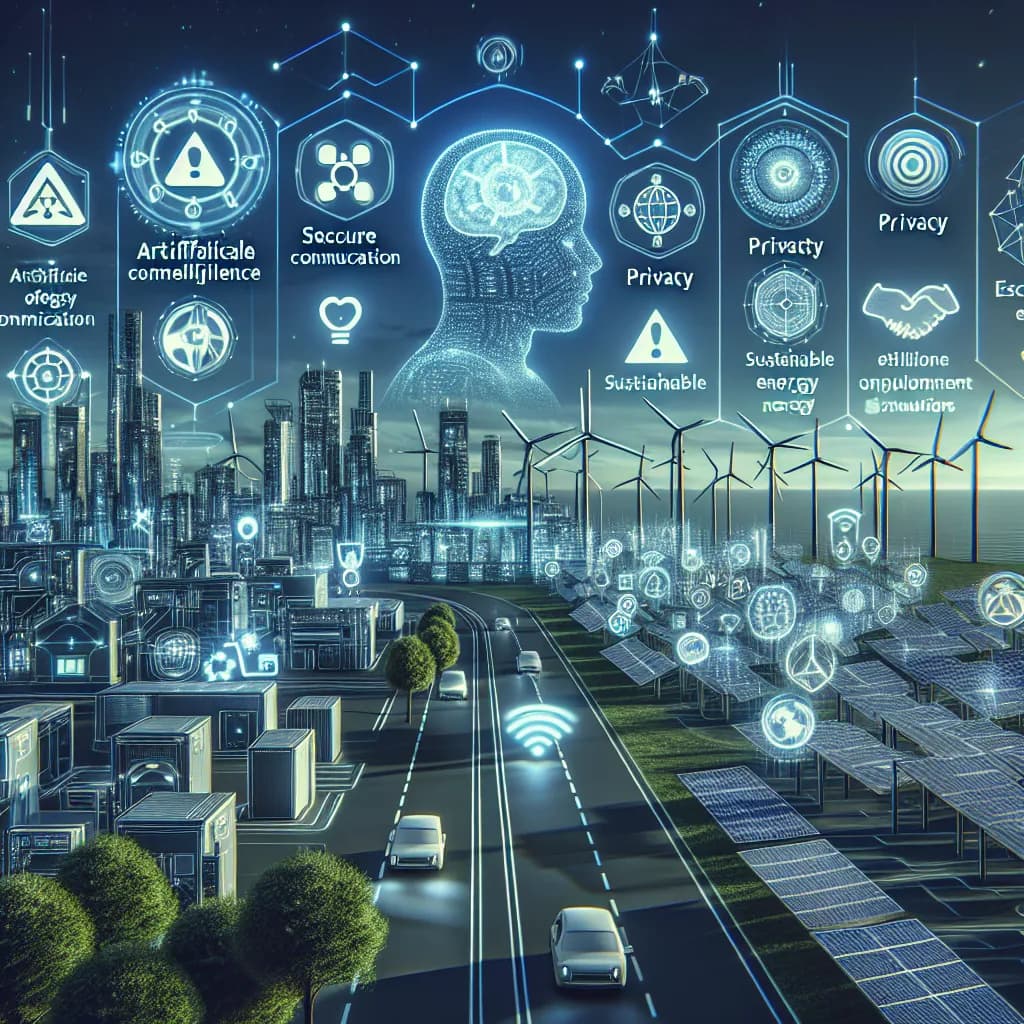Date:
18/12/2023
Listen to this article:
Key Points
Revolutionary Breakthrough in Hydrogen Fuel Cell Technology: Researchers have made a significant advancement in hydrogen fuel cell technology by replacing costly platinum metals with silver in catalysts, offering a more cost-effective solution for green energy storage.
Collaborative Effort Leads to Practical Application: This breakthrough was achieved through a collaboration between the Department of Energy’s SLAC National Accelerator Laboratory, Stanford University, the Toyota Research Institute, and Technion Israel Institute of Technology, successfully demonstrating the application in practical fuel cells.
A Leap Forward in Green Energy
The recent breakthrough in hydrogen fuel cells marks a substantial stride towards more affordable and efficient green energy storage. As the world shifts towards renewable energy, the need for effective energy storage solutions becomes critical, particularly for times when solar and wind power are unavailable.
The hydrogen fuel cell, a leading contender for energy storage and conversion, has traditionally faced a significant barrier due to high costs. These costs stem primarily from the use of platinum group metals (PGMs) in the catalysts, which enhance the chemical reactions in fuel cells. Researchers at SLAC, Stanford, and Technion focused on reducing these costs by partially replacing PGMs with silver, a more economical alternative. Their success in creating a silver-palladium thin film deposited on a porous carbon electrode could significantly lower the manufacturing costs of hydrogen fuel cells.
This innovation is not just about cost reduction; it also involves a change in the production method. The team employed a high-vacuum tool for more precise and reproducible depositions of the new catalyst onto electrodes, a method that contrasts with the traditional 'wet chemical processes.' The collaboration with Technion demonstrated the practical applicability of this method in full-scale fuel cells. The ultimate goal of this research is to make fuel cells a viable option for heavy-duty transportation and clean energy storage by significantly lowering their cost.
About the author
Evalest's tech news is crafted by cutting-edge Artificial Intelligence (AI), meticulously fine-tuned and overseen by our elite tech team. Our summarized news articles stand out for their objectivity and simplicity, making complex tech developments accessible to everyone. With a commitment to accuracy and innovation, our AI captures the pulse of the tech world, delivering insights and updates daily. The expertise and dedication of the Evalest team ensure that the content is genuine, relevant, and forward-thinking.
Related news

Neuralink Achieves Groundbreaking Success in Human Brain Chip Implant
Neuralink's recent success in implanting a brain-computer interface in a human marks a pivotal moment in neurotechnology.

OpenAI's Sam Altman on AGI: Insights and Future Directions
Exploring Sam Altman's perspective on Artificial General Intelligence (AGI), focusing on AI safety, ethics, global cooperation, GPT advancements, and energy sustainability.

Top 10 Breakthrough Technologies of 2024
Exploring the top ten breakthrough technologies of 2024, from AI advancements to novel health solutions and sustainable energy innovations.